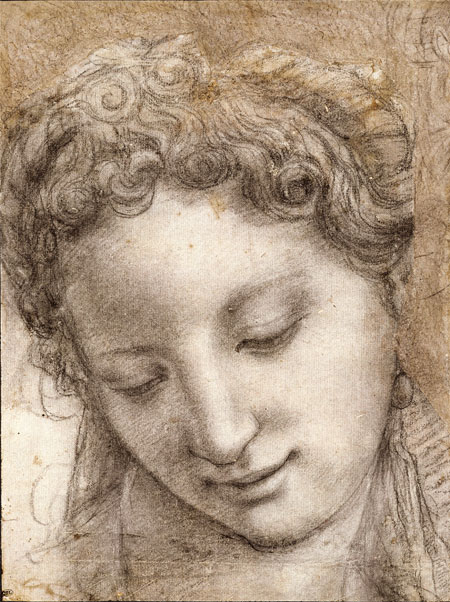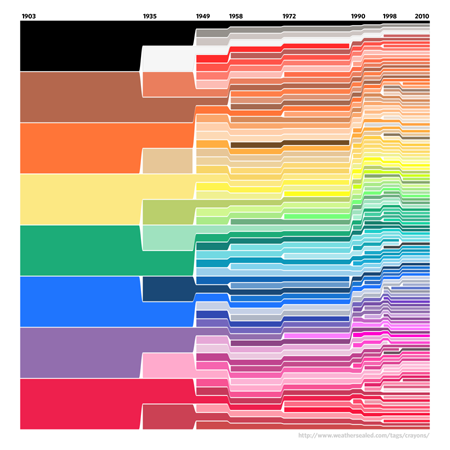“INTERVIEWER [Terry Southern]: And yet, as I understand this theory, its success does not depend upon any actual sensory differences between people talking, but rather upon psychological or emotional differences between them as readers, isn’t that so? I’m referring to the serious use of this theory in communicative writing.
GREEN: People strike sparks off each other; that is what I try to note down. But mark well, they only do this when they are talking together. After all, we don’t write letters now, we telephone. And one of these days we are going to have TV sets which lonely people can talk to and get answers back. Then no one will read anymore.”
(Henry Green’s Paris Review interview, from summer 1958.)


